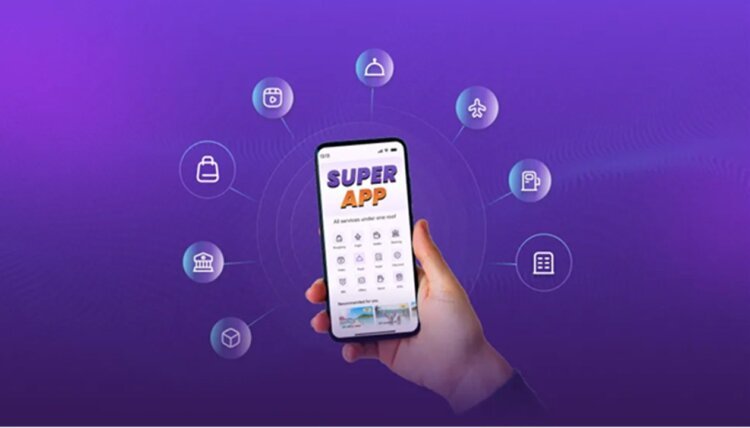Pakistan to develop National Super App for all government services under World Bank-backed project
The Ministry of Information Technology and Telecommunication (MoITT) has initiated work on a National Super App and Digital Portal, designed to provide citizens and businesses with one-stop access to all federal and provincial government services.
The project, launched under the Digital Economy Enhancement Project (DEEP) with support from the World Bank, aims to modernize public service delivery by making routine government interactions—such as license renewals, tax filings, health and education access, and permits—fully available online.
According to officials, the super app will integrate with Pakistan’s national digital identity system (NADRA) and National Data Exchange Layer, ensuring secure authentication through biometric verification and a single sign-on feature. It will also be available in multiple languages and accessible 24/7 on both mobile and web platforms.
By digitizing workflows and enabling status tracking, notifications, and automated communication, the government expects to reduce processing times, cut administrative costs, and boost transparency. Citizens and businesses will be able to complete transactions more efficiently, while compliance and revenue collection are also expected to improve.
Key features will include:
-
Personalized dashboards for citizens and businesses
-
End-to-end encryption and a zero-trust security model
-
Compliance with Pakistan’s upcoming Personal Data Protection Bill and global standards such as GDPR
-
Support for future revenue models, including subscriptions, in-app ads, and partner integrations
MoITT has begun the process of hiring a consultancy firm to design the platform, which will be built on a microservices-based architecture to ensure scalability and interoperability. The government says the platform will align with its Cloud First Policy and global best practices in super app frameworks.
Once operational, the National Super App is expected to revolutionize government-to-citizen (G2C) and government-to-business (G2B) interactions, making governance faster, more transparent, and citizen-centric.



